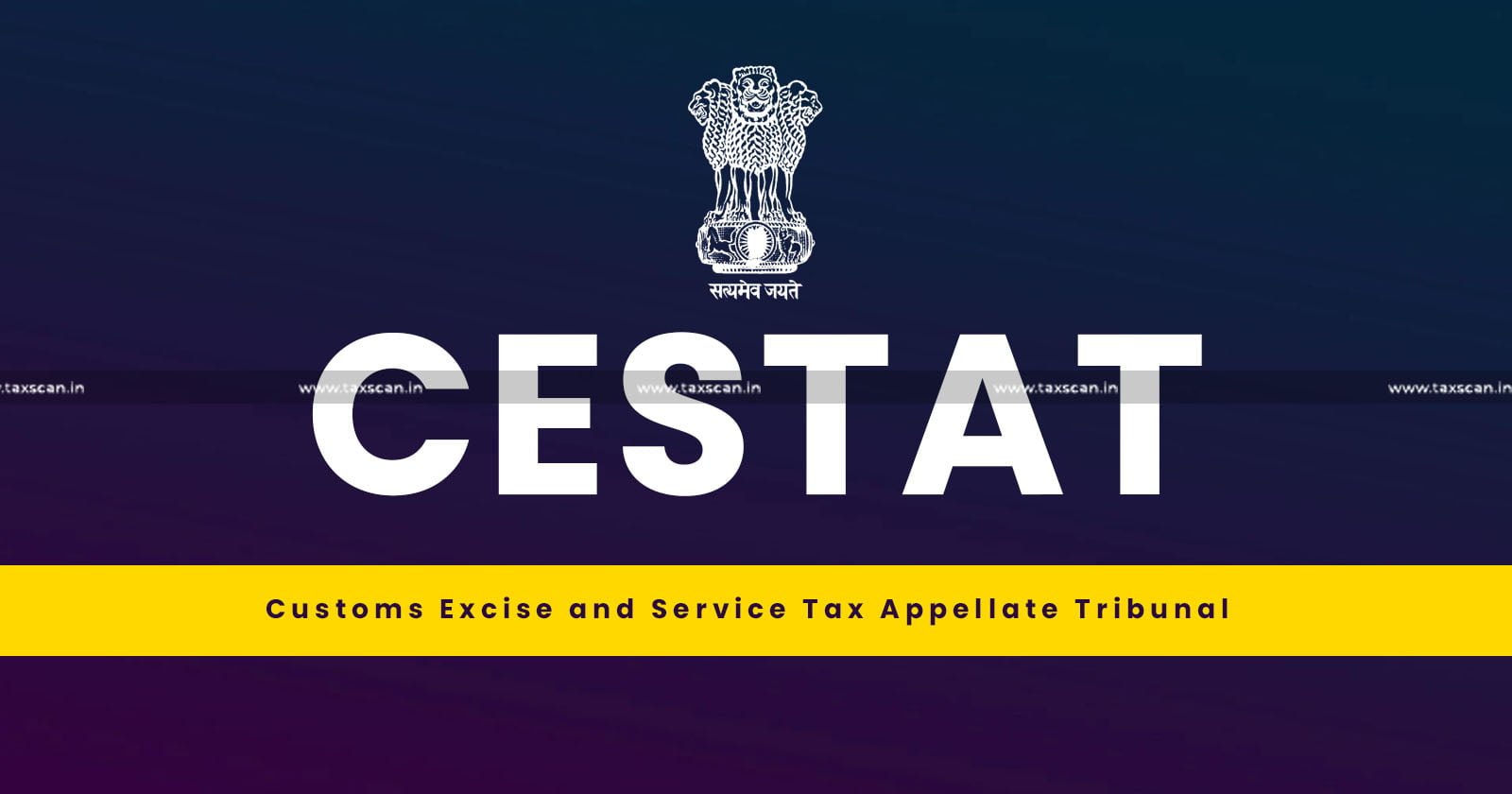CESTAT Confirms Penalty on Combine Trading for Under-Valuation and False Invoices in Glass Imports [Read Order]
CESTAT upheld penalties on Combine Trading and associated individuals for undervaluation and use of false invoices in automotive glass imports, dismissing their appeals.
![CESTAT Confirms Penalty on Combine Trading for Under-Valuation and False Invoices in Glass Imports [Read Order] CESTAT Confirms Penalty on Combine Trading for Under-Valuation and False Invoices in Glass Imports [Read Order]](https://images.taxscan.in/h-upload/2025/09/01/2082911-penalty-combine-trading-taxscan.webp)
The New Delhi Customs, Excise & Service Tax Appellate Tribunal (CESTAT) has confirmed the penalty on Combine Trading Company and its associated individuals for under-valuation and the use of false invoices in the import of automotive glass.
Two separate appeals have been filed by Combine Trading Co and Jaspreet Singh, assailing the order which confirmed the show cause notice whereby the self-assessed transaction value was rejected and re-determination of the value along with the order of recovery of differential customs duty with penalty under section 112(a) (ii) and 114 (AA) of the Customs Act, 1962 was passed.
The case arose from an intelligence input received by SIIB-Import ICD indicating widespread mis-declaration and undervaluation by Delhi-based importers, including Combine Trading Company, in the import of “Automotive Safety Glass” windshields and PU Sealant.
Want a deeper insight into the Income Tax Bill, 2025? Click here
On 12.10.2018, searches were conducted at the office and residential premises of the appellant, which resulted in the recovery of incriminating documents, including actual commercial invoices of past imports, under a Panchnama.
It was discovered that the actual value of imported 'Automotive Safety Glass' windshields was under-declared. The company maintained two sets of invoices that is one showing the true transaction value and another, lower-valued set, submitted for customs clearance.
The statements recorded under section 108 of the Customs Act, 1962 from Ranbir Singh (Import-Export Manager) and Jagmohan Kaushal (Proprietor) confirmed the authenticity of the recovered documents, and both admitted the business arrangement with Chandok Glass House.
The actual invoices showed higher values, such as USD 22,137.43, while lower-valued invoices like USD 11,154.72 were used for customs purposes.
How to Audit Public Charitable Trusts under the Income Tax Act Click Here
Jagmohan Kaushal further admitted in his statement that their arrangement with Chandok Glass House involved all correspondence with the foreign supplier, Xinyi Automobile Glass, China, and post-clearance sales to Chandok Glass House.
While, Jaspreet Singh, authorized signatory of Chandok Glass House, corroborated these facts and admitted to the undervaluation and readiness to pay the duty.
The Tribunal noted that the documents recovered and self-certified under section 138C of the Act, as well as the admitted statements, provided credible evidence of undervaluation.
The Tribunal also rejected the appellant's preliminary objections regarding the lack of consultation prior to issuance of show cause notice and also noted the appellant's non-cooperation with the investigation.
The Tribunal clarified that statements made to customs officers under section 108 are admissible and binding. The practice of maintaining two sets of invoices constituted clear evidence of fraudulent intent to undervalue imports to evade customs duty.
The bench comprising Binu Tamta (Judicial Member) and P.V.Subba Rao (Technical Member) upheld the rejection of declared value under Rule 12 of the Customs Valuation (Determination of Value of Imported Goods) Rules, 2007, and affirmed re-determination using actual invoice values and values from comparable imports.
Know Practical Aspects of Tax Planning, Click Here
 Also Read:Transaction value cannot be rejected by invoking rule 10A of Valuation Rules in absence of evidence showing undervaluation: CESTAT [Read Order]
Also Read:Transaction value cannot be rejected by invoking rule 10A of Valuation Rules in absence of evidence showing undervaluation: CESTAT [Read Order]
The tribunal noted that the goods were deemed liable for confiscation under section 111(m), and the penalties under sections 114A and 114(AA) were confirmed on the company and on Jaspreet Singh for his masterminding role. Both appeals were dismissed, maintaining the penalties as proportionate to the quantified undervaluation, which totaled ₹9,01,60,898 as re-determined customs duty based on actual invoice values,
The Tribunal concluded “We do not find any good reason to interfere with the findings in the impugned order and hence the same are affirmed. The appeal is, accordingly, dismissed.”
The assessee was represented by N.K.Sharma along with Kapil Gautam, while Nagendra Yadav appeared for the department.
Support our journalism by subscribing to Taxscanpremium. Follow us on Telegram for quick updates


